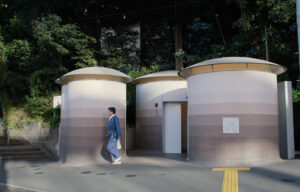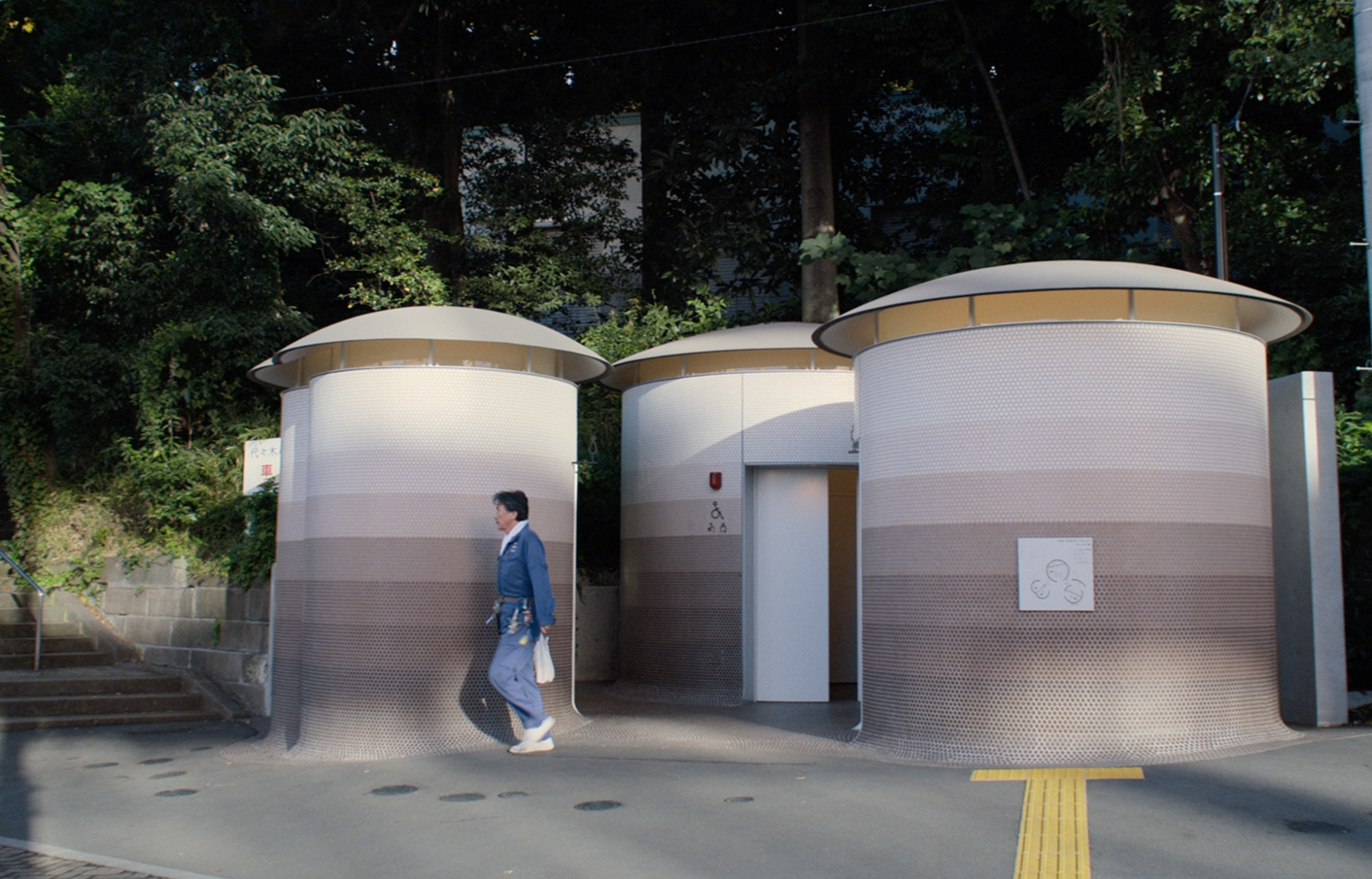Movie Info
Movie Info
- Director
- Wim Wenders
- Run Time
- 2 hours and 23 minutes
- Rating
- PG
VP Content Ratings
- Violence
- 0/10
- Language
- 1/10
- Sex & Nudity
- 1/10
- Star Rating
Relevant Quotes
This is what I have seen to be good: it is fitting to eat and drink and find enjoyment in all the toil with which one toils under the sun the few days of the life God gives us, for this is our lot. Likewise, all to whom God gives wealth and possessions and whom he enables to enjoy them and to accept their lot and find enjoyment in their toil—this is the gift of God.For they will scarcely brood over the days of their lives because God keeps them occupied with the joy of their hearts.
Keep your lives free from the love of money, and be content with what you have, for he himself has said, “I will never leave you or forsake you.”

I have been an admirer of the German filmmaker Wim Wenders ever since seeing his Wings of Desire and Paris Texas many years ago. There is a spirituality that runs through his films reflecting his own faith. That is true for his current film, even though its story is set in Japan, rather than in Berlin or Texas where Christianity dominates (though shrinking in influence). The protagonist is a non-entity as far as society is concerned, yet considered worthy enough by the director/cowriter (with Takuma Takasaki) for a whole movie devoted to him. In this respect, Wender’s film reminds me of Akira Kurosawa’s great film about a minor Japanese official Ikiru.
Wender’s protagonist Hirayama (Koji Yakusho) each day cleans the public toilets in the city parks of the Shibuya ward of Tokyo. Were he born in that vast country to the southwest he would be a Dalit, an “Untouchable.” Although he is not forbidden to touch others, he is ignored by the public. Whenever someone wants to use a bathroom, he instantly picks up and laves, never a greeting or acknowledging gesture passing between them. For a major portion of the film he does not speak. We first see him waking up, folding his bedding and placing it aside, brushing his teeth, putting on his clothing, spritzing his collection of plants, getting a can of coffee from the vending machine just outside his door, putting his cleaning tools and supplies into his van, and driving off. He chooses a cassette from his collection, listening in one case to the Animals’ “House of the Rising Sun” as he drives to work. The city’s office buildings tower over him, and time after time as the movie progresses we catch glimpses of the Tokyo Skytree, at 2,227 one of the tallest freestanding towers in the world.
In contrast to his younger co-worker Takashi (Tokio Emoto), Hirayama is a model worker, methodically cleaning every surface and attending to nooks and crannies as well. During lunchbreaks he often visits a garden where he snaps pictures of nature. As with his music, his photos are from yesterday’s technology, a simple camera with black and white film. After work he eats at a walkup restaurant where he is known, and on his days off he bikes to a laundromat and visits a bookstore where he buys a book from the $1 section. He is reading a Faulkner novel when we first see him, and later purchases one by Patricia Highsmith. Whatever his choice the cheery proprietor offers a comment on the author.
To show us how routine Hirayama’s life is, the filmmaker takes us through several days of his life, with one day being almost actually the same as the preceding one. However, seems content with his simple life. He enjoys reading and listening to tapes rom his extensive collection of classic rock and soul that includes Patti Smith, Otis Redding, Van Morrison, Nina Simone, and of course Lou Reed, whose song that we hear “Perfect Day” gives its name to the film.
The routine is interrupted when Hirayama’s niece Niko (Arisa Nakano) suddenly shows up following a fight with her mother, his estranged sister Keiko (Yumi Aso). She stays with him a few days, accompanying him to work, but then leaves when her mother is waiting for them one evening. In the taunt scene between brother and sister we catch a glimpse of a past which Hirayama has fled, carving out a simple but seemingly meaningful life in Tokyo. He is not one trying to make a big mark in the world, just enjoying each day in his work and his leisure.
Wim Wenders’ film began as a short film commissioned to highlight 17 new public toilets commissioned by the government agency to be designed by notable architects. These are truly works of art, and you can see pictures of them by clicking onto “Why Architects Should Watch “Perfect Days” by Wim Wenders.”
Whereas famous men designed the structures, it is lowly ones who maintain them, and it is one of these whose story the German filmmaker tells. The film can be seen as paying tribute to the dignity of labor and an invitation to enjoy the ordinary events of each day. We also might see it as an invitation to stop and appreciate the beauty of a well-designed structure, something which no one does in the film.

